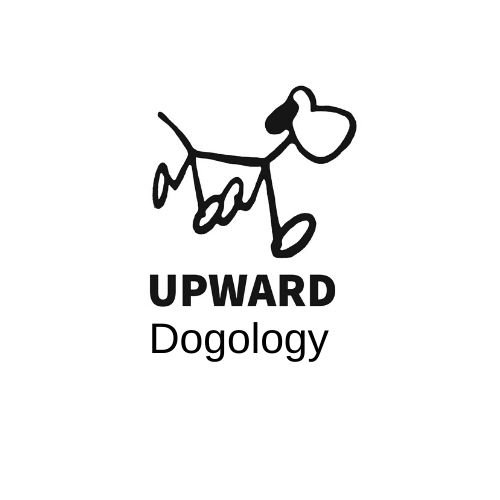
Dog Anxiety
Canine Cognitive Behavioral Therapy is the leading method to address Anxiety related behaviors.
Types, or signs of anxiety, include, but are not exclusive to:
separation anxiety
fear based anxiety
soiling/messing/chewing/barking
biting/nipping
hiding/shaking
fear of change or of new environments (integrating rescued dogs into families)
fear of people, or certain people
fear of dogs/animals
fear of activities - walking, car rides etc
fear of objects - garbage pails, vacuums, leash/collar, bags
Why are other methods less effective?
Positive Reinforcements are often unpredictably effective. Does someone buying you a present change your perception of them? Maybe…., sometimes…., for a little bit, but when they do something you are unsure of, you go right back to being cautious. In fact, you may become more leery of that person.
Other techniques that fall under Conditioning methods (standard methods relying on repetition, reinforcements, association, and desensitization) can often backfire. By repeatedly leaving, the unwanted emotions continue to escalate, leading to habit and increased fear.
Using convincing tones or praise, bending over and reaching out, or even giving pats, although human nature and not at all wrong, can heighten uncertainty and increase behaviors such as fear-peeing or hiding.
Time and patience is a long, exhausting process, and standard socialization is often unrealistic.
Negative reaction, such as E-collars or verbal reprimand, can increase fear and fear-based reactions, including aggression.
Dog anxiety rehabilitation
is where we shine!
Canine Cognitive Behavioral Therapy addresses the reason for the behavior; not the behavior itself. In other words, we address the reason causing your dog to feel anxiety. Anxiety and fear are emotions caused by triggers, thought patterns, learned behaviors, and experiences. CCBT changes the dog’s perception of the need to feel fear by providing them with skills that allow them to process. We harness their cognitive skills (which is different from canine enrichment). Cognitive skills drive behaviors based on perception. By inducing processing, they change their perception, allowing them to decide to change their behavior.
Dog anxiety rehabilitation is surprisingly simple to apply and often effective in a short time period. Contact us to find out more!
“Billie was phenomenal in helping myself and my dog Sadie figure out what was going on and how we could help her fearful reaction toward dogs. She was confrontational with some dogs but not all, and the Methodology helped us figure out what dogs she didn’t get along with and helped her rethink the way she handles these dogs. We haven’t been “that dog” at the park ever since.”
— Holly Watkinson-Fraser, Client


